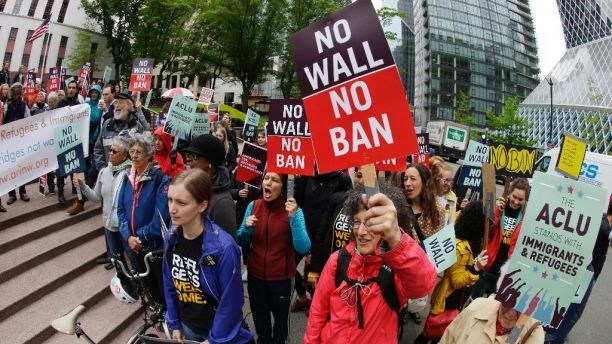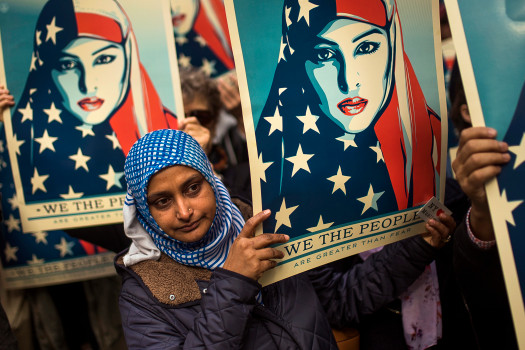US high court’s partial OK of Trump travel ban–what is ‘bona fide or good faith relationship’ exemption?
SAN FRANCISCO — The Supreme Court of the United States on June 26, 2017, partially lifted the injunction on Trump’s Executive Order banning travelers from certain Muslim countries. The qualifying conditions that will exempt six named countries from the ban are travelers who have “bona fide or good faith relationship” with a U.S. relative or entity.
What does “good faith” or “bona fide” relationship mean? In general, what is the impact of this Supreme Court decision on travelers to the United States?
The travel ban is directed at nationals of only six countries: Iran, Libya, Sudan, Somalia, Syria and Yemen. Nationals of other countries, like the Philippines, are NOT covered by the travel ban. But while the Filipino nationals are not covered in general, each intending traveler to the U.S. is going to be treated differently. Based on the U.S. Supreme Court decision, certain individuals from the 6 banned countries may still be allowed to enter the United States:
- Individuals who have valid immigrant or non-immigrant visas issued on or before June 26, 2017. This covers green card holders and temporary visa holders.
- Individuals with visas coming to live or visit with family members. The travelers, if with immigrant visas, must enter to visit their family or to live with them. The Supreme Court did not define exactly who among distant relatives would be considered related to the traveler. However, the Department of State released its own guidelines to limit the meaning of family members.
- Students who have been admitted to a U.S. university, workers who have accepted offers of employment with U.S. companies and lecturers invited to address an American audience.
- Most refugees processed overseas have family or other connections to the United States including with refugee resettlement agencies. The Court ruled that such individuals may not be excluded even if the 50,000 cap on refugees has been reached or exceeded.
Latest Department of State Guidelines
Under the Department of State guidelines, WHO are defined as “close family? It is defined as: “parent (including parent-in-law), spouse, child, adult son or daughter, son-in-law, daughter-in-law, sibling, whether whole or half. This includes step relationships.”
Who are NOT included in the definition of “close family”? Those who are not included are: “grandparents, grandchildren, aunts, uncles, nieces, nephews, cousins, brothers-in-laws and sisters-in-law, fiancees and any other ‘extended’ family members.” It is not clear how the administration arrived at this definition. It is hard to understand why fiancees and grandparents/grandchildren are not considered close family.
Bona fide relationship
It is Interesting to note that the Supreme Court exempted those with “bona fide” relationships with a U.S. individual or entity. This “bona fide” relationship is supposed to be a genuine relationship and not entered into for purposes of evading the law.
If a traveler has a good faith relationship, this means that she/he has ties to a U.S. relative or entity and is not restricted from entering the United States. However, the underlying reason for this travel ban is to promote national security. An individual may have U.S. citizen relatives, but it is not a guarantee that she/he is safe or is not a threat. Having a relationship with a U.S. citizen or an entity indicates ties but not safety.
It just seems nothing but an explicit policy of discrimination against religion. When the Supreme Court hears the case this October 2017, we hope it upholds the constitutional protections against racial and religious discrimination.
On June 29, 2017, the Department of Homeland Security and the Department of State began implementation of the travel ban, and hopefully we will not experience chaos at the airports as we did in March 2017 when even travelers with good faith intentions were prevented from entering the United States.
(Atty. Lourdes Santos Tancinco is a San Francisco-based immigration lawyer and immigrant’s right advocate. She may be reached at [email protected], facebook.com/tancincolaw, www.tancinco.com or 1 888 930 0808)









